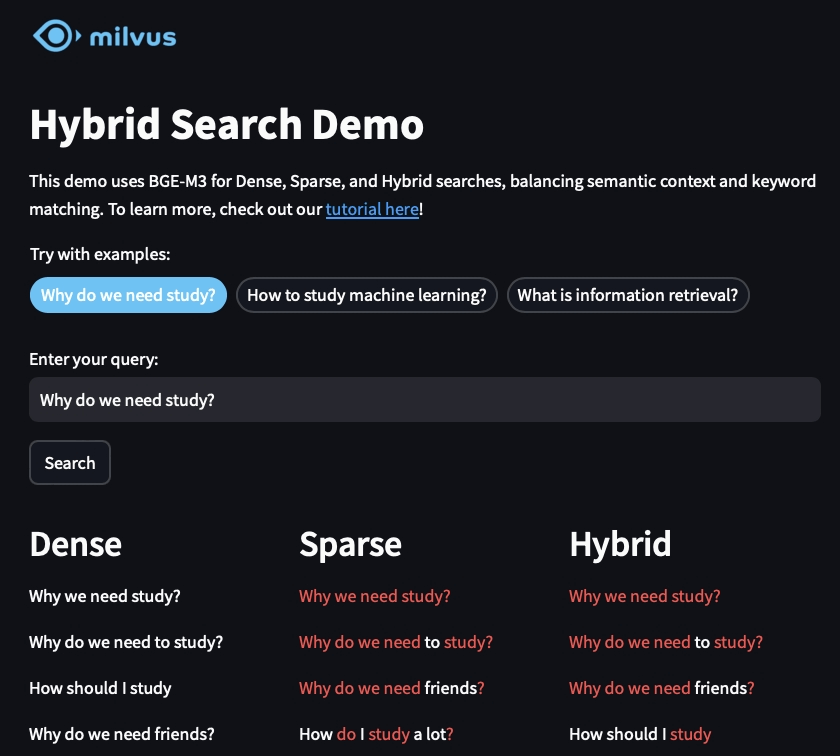Machine learning plays a pivotal role in enhancing full-text search functionality, making it more efficient, accurate, and user-friendly. In traditional full-text search systems, search operations primarily rely on keyword matching and basic algorithms to retrieve relevant documents. However, the integration of machine learning techniques transforms this process, enabling the development of more sophisticated models that can better understand and interpret user queries.
One of the primary contributions of machine learning to full-text search is in the area of ranking algorithms. Machine learning models can be trained on historical search data to understand which documents are most relevant to specific queries. By leveraging techniques such as supervised learning, these models learn from past user interactions and are able to predict the relevancy of documents, ranking them in a way that improves user satisfaction. This approach often leads to the development of personalized search results, where the system tailors the output based on an individual user’s preferences and behavior.
Another significant role of machine learning in full-text search is semantic understanding. Traditional search systems often struggle with nuances in language, such as synonyms, homonyms, and context. Machine learning models, particularly those involving natural language processing (NLP), can better interpret the meaning behind user queries. They can understand context, disambiguate terms, and recognize relationships between words, allowing the search system to retrieve documents that are contextually relevant, even if they do not contain the exact keywords used in the query.
Machine learning also enhances full-text search through the application of clustering and classification techniques. These methods can automatically categorize documents, making it easier for users to find information within specific topics or themes. By organizing information in a more structured manner, machine learning ensures that users can navigate large datasets more intuitively and efficiently.
Moreover, machine learning aids in handling complex queries and accommodating various user intents. Advanced models can identify different types of queries, such as informational, navigational, or transactional, and adapt the search results accordingly. This adaptability ensures that users receive the most pertinent information, whether they are looking for a quick fact or conducting in-depth research.
Finally, machine learning contributes to the continuous improvement of search systems through techniques such as reinforcement learning and active learning. These approaches enable the system to learn from ongoing user interactions, adjusting and refining search algorithms over time to better meet user needs and expectations.
In summary, machine learning significantly enhances the capabilities of full-text search systems. By improving ranking algorithms, understanding semantic context, organizing information, handling complex queries, and continuously learning from user interactions, machine learning transforms search systems into intelligent tools that provide more relevant and personalized results. This ultimately leads to a more efficient and satisfying user experience.
